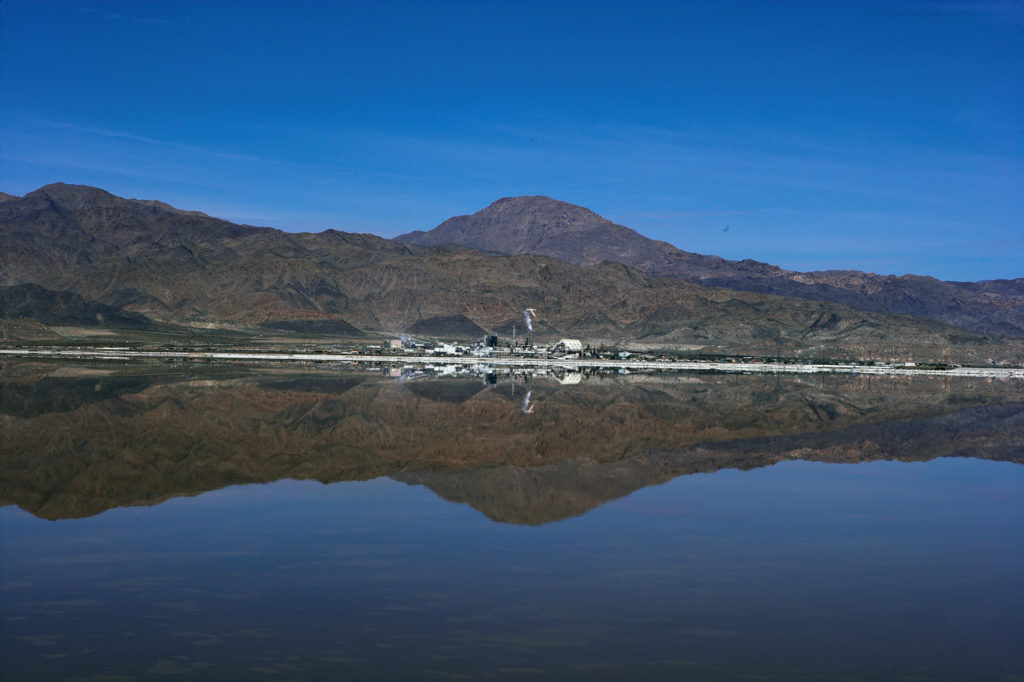Searles Valley to replace last two coal-fired power plants in California with solar tech

Solar thermal technology firm GlassPoint has partnered with Searles Valley Minerals (SVM), a producer of soda ash, borates and other industrial materials, on a clean energy project in California that aims to boost US mineral competitiveness.
The project, GlassPoint said, will provide superior unit economics to existing coal-based operations while paving the way forward for replacing two coal-fired power plants.
Under the first phase of the arrangement, GlassPoint will install 750 megawatt thermal (MWth) of solar thermal technologies to reduce carbon emissions by up to half a million metric tons of CO2 per year at SVM’s manufacturing facility in Trona, California.
Sodium carbonate and boron are widely used critical minerals. Boron, the fifth-lightest element, in its many forms has a wider range of advanced applications than both rare earths and lithium. In the next decade, SVM’s plant will be the last US-based production facility for boron, ensuring supply of domestic production, the company said.
SVM’s operations involve processing brine to produce boric acid, sodium carbonate, sodium sulfate and other specialty products for a range of industries. Searles Lake, with brine 10 times saltier than seawater, is unique because it contains one of the richest deposits of multiple minerals including borax, potassium, sodium and lithium.
“As coal prices continue to rise, GlassPoint’s solution will enable us to lower costs from day one while protecting American jobs,” Searles Valley Minerals CEO Dennis Cruise said in a news release.
GlassPoint’s solar steam system will begin replacing steam currently generated via two coal and natural gas boilers used for both heat and electricity. The company’s Enclosed Trough technology will use reflective mirrors inside greenhouses to focus sunlight onto a pipe carrying liquid salt, capturing energy from the sun for use in boiler operations as well as onsite power.
GlassPoint will also deploy its Unify storage system, which uses ternary liquid salts to store heat at night and enable a continuous base load of heat and power night and day.
Last year, GlassPoint unveiled the next phase of mining decarbonization for Saudi Arabia’s Ma’aden with the world’s largest solar thermal plant.
“Industrial process heat is a $444 billion market, and GlassPoint continues to win the confidence of large industrial providers around the world in a range of industries, from metals and mining to building materials and oil and gas,” GlassPoint CEO Rod MacGregor said.
{{ commodity.name }}
{{ post.title }}
{{ post.date }}




Comments